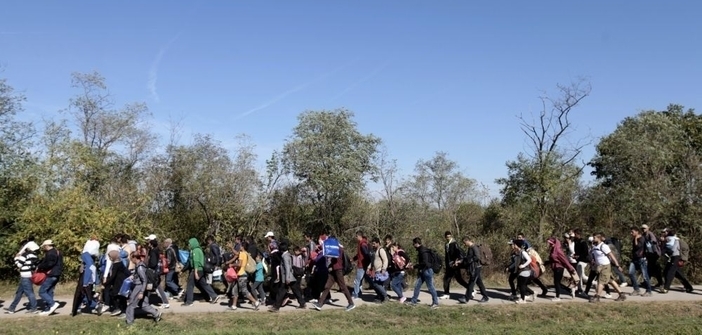How can we explain that the European Union has not been able to define a common policy on immigration and asylum?
Why has it provoked a political shockwave, whose first effects are beginning to be felt with Brexit, the hardening of countries known for being welcoming, such as Denmark and the Netherlands, the formation of a eurosceptic and xenophobic government in Italy, following Austria, Hungary, Poland, and the Czech Republic?
While the 2008 financial crisis led to a series of emergency measures that strengthened the resilience of the eurozone, it seems that the lessons of the 2015-2016 migration crisis have not been heeded.
In fact, while the financial crisis was effectively fought together under the guidance of the ECB, the migration crisis resulted in a de facto renationalization of migration policies, which is absurd.
Challenges such as those we face due to demographic explosion in sub-Saharan Africa and the aging of the European population can only find solutions at the scale of the entire Europe.
However, the policy of allocating refugee quotas, attempted by the Commission, has been a failure. Many countries, including France, have been reluctant.
Turkey, a country of 80 million inhabitants, has welcomed 3.7 million Syrian refugees. And 30% of the Lebanese population is composed of refugees.
Europe was barely recovering from the financial crisis when it saw the arrival of millions of people whose settlement, maintenance, and training will burden social budgets for at least a few years.
In particular, the poorest populations quickly felt that refugees had privileged access to aid and social benefits, while they themselves were losing out. Moreover, public concern worsened when massive entries began to be associated with Islamist terrorism and the increase in crime.
Immigration is a highly emotional topic that polarizes societies. When we touch on the sense of identity of groups and nations, we mobilize solidarity among some people, but we also incite fear and hatred in others.


